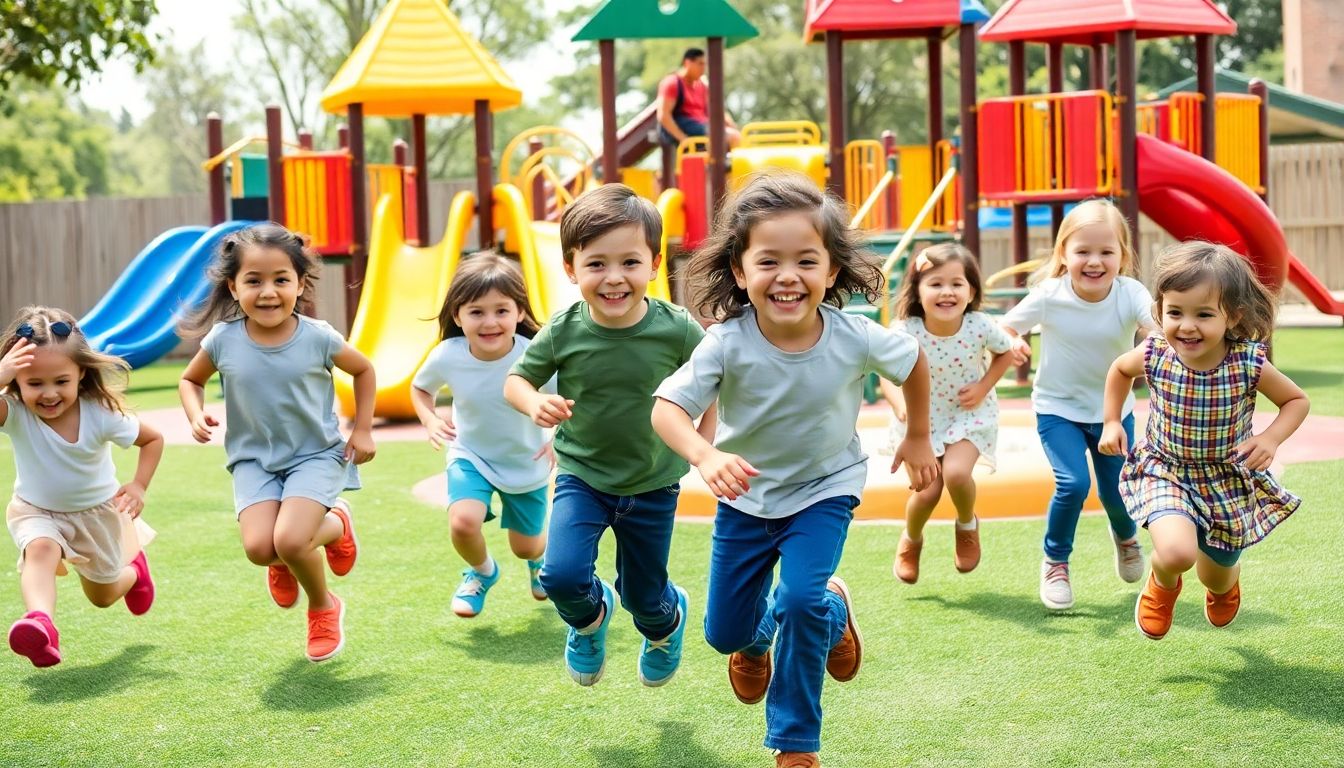Have you ever seen a kid learning to ride a bike? Or maybe they simply can’t catch a ball? These type of things depend on something known as gross motor skills. They’re very important in terms of a child’s development. This article will explain what these skills are. You will discover how they are of significance and why. You will learn how to help your child develop them. We’ll unpack milestones, activities, and what to do if your child needs more support.
What Are Gross Motor Skills?
Gross motor skills are the movements that we make with our large muscles. Consider running or jumping. Fine Motor Skills use smaller muscles e.g writing These both are important skills!
What are Gross Motor Skills?
Gross motor skills are whole-body movements. They need coordination and strength. An obvious example of this is walking. But it encompasses activities, too, like running and jumping. Throwing and climbing are also gross motor skills. Balancing is key, too. These abilities allow children to discover their environment.
Why is Gross Motor Skills Important?
There is much more to physical development than getting bigger! It’s related to how kids think. It is also related to how they process emotions. Gross motor skills help to build confidence. Kids have more freedom when they can move well. This motivates them to experiment. Socially it helps them, too.
Gross Motor Development: Key Milestones
Children grow at their own rate. However, there are common milestones. These are guidelines, not hard rules. Monitor your child’s progress on this.
Milestones for infants (0–12 months)
Babies develop quickly. One of the first milestones is rolling over. This typically occurs at about 3-6 months. Next comes sitting up. Most babies are able to sit unsupported between 6-8 months of age. Crawling commonly begins around 7-10 months. Most babies will pull themselves up to stand between 8-12 months. Then they may start walking. And walking typically occurs from about 9-15 months.
Milestones for toddlers (1–3 years)
Toddlers become more mobile. Taking Steps With No Help is a Big Step Most toddlers walk pretty well by 15 months. Then running begins. Next comes climbing stairs, usually with assistance. Baba baba is another baby milestone. Most start kicking by their 2nd birthday.
Milestones from Preschoolers (3-5 Years)
This is how preschoolers make skills their own. It is common that one foot hops as one. Skipping emerges. It is easier to throw and catch a ball. The act of riding a tricycle is a major feat. These skills prepare them for school and for sports.
15 Activities to Build Gross Motor Skills
Gross motor skills can be enhanced through fun activities. And there is so much parents and teachers can do to help. Engage in activities that are enjoyable. Adapt these into other locations.
Play-Based Activities
They need unstructured playtime! Games like tag are great. Obstacle courses can be a smart option, too. Kids enjoy building forts. Dancing is a fun way to move. Let them be creative.
Structured Activities
Sports, organized, develop skills. Soccer and basketball are both popular. Swimming is great exercise. The sport of gymnastics can build both strength and coordination. Martial arts helps build concentration. The activities teach teamwork.
DIY Activities and Games
Use household items. Use tape to make a balance beam. Throw beanbags into buckets. Go play “red light, green light.” This encourages imagination. Small gestures can have a really big impact.
How to Manage Gross Motor Skill Delays
Sometimes, kids need a bit more help. It is vital to identify delays early on. Do not be afraid to reach out to a professional.
Recognizing Potential Delays
Watch for signs of delays. Not rolling over by 6 months (baby can start rolling over at 3 months) Does a toddler not walk by 18 months? Is your preschooler having trouble hopping? Get the data to see your progress and highlight the items of concern. If you’re concerned, speak with your doctor.
Seeking Professional Help
Pediatricians can evaluate development. Only movement can be addressed by physical therapists. Occupational therapists can help with coordination. Getting in there early is incredibly effective So you have a lot of resources to draw on.
It would also seem to function in a nutrition and environment context
Good food and a vibrant space are requirements. These aspects help to develop gross motor skills.
Nutrition in Growth and Physical Development
A balanced diet is essential. Vitamins and minerals are essential. It is essential to consume foods that help build our bones. Calcium and vitamin D are essential. Protein helps muscle growth.
Providing an Enriching Environment
Give kids safe ways to move. Provide age-appropriate toys. Sedentary behavior Unknown Even sitting around too much can trigger health problems, such as depression, anxiety and obesity. Encourage patients to explore (if applicable) and move. Limit screen time. Let them play outside.
Conclusion
The basis is gross motor skills. They were working on holistic development. Understand milestones. Engage in activities. Address delays if they arise. Above all else, establish a supportive environment. This these things will help your child to develop and flourish.
